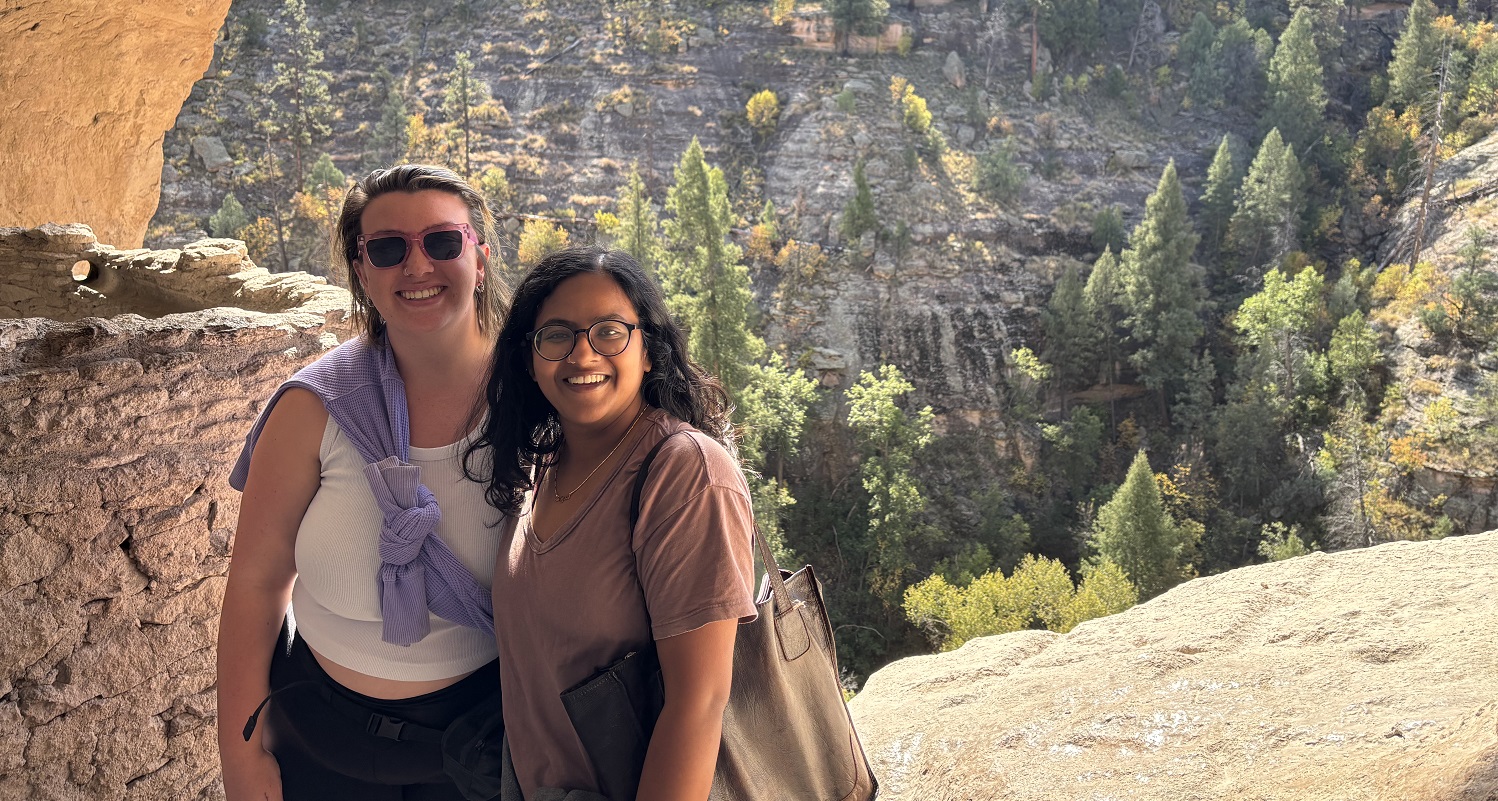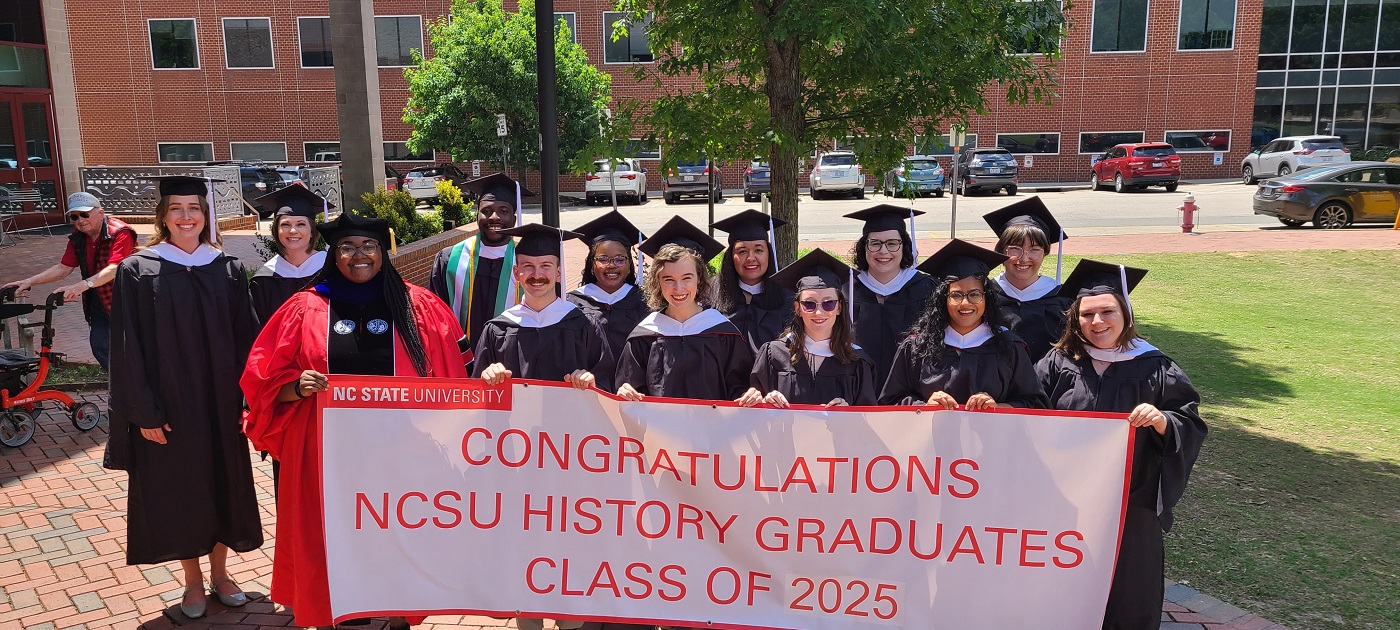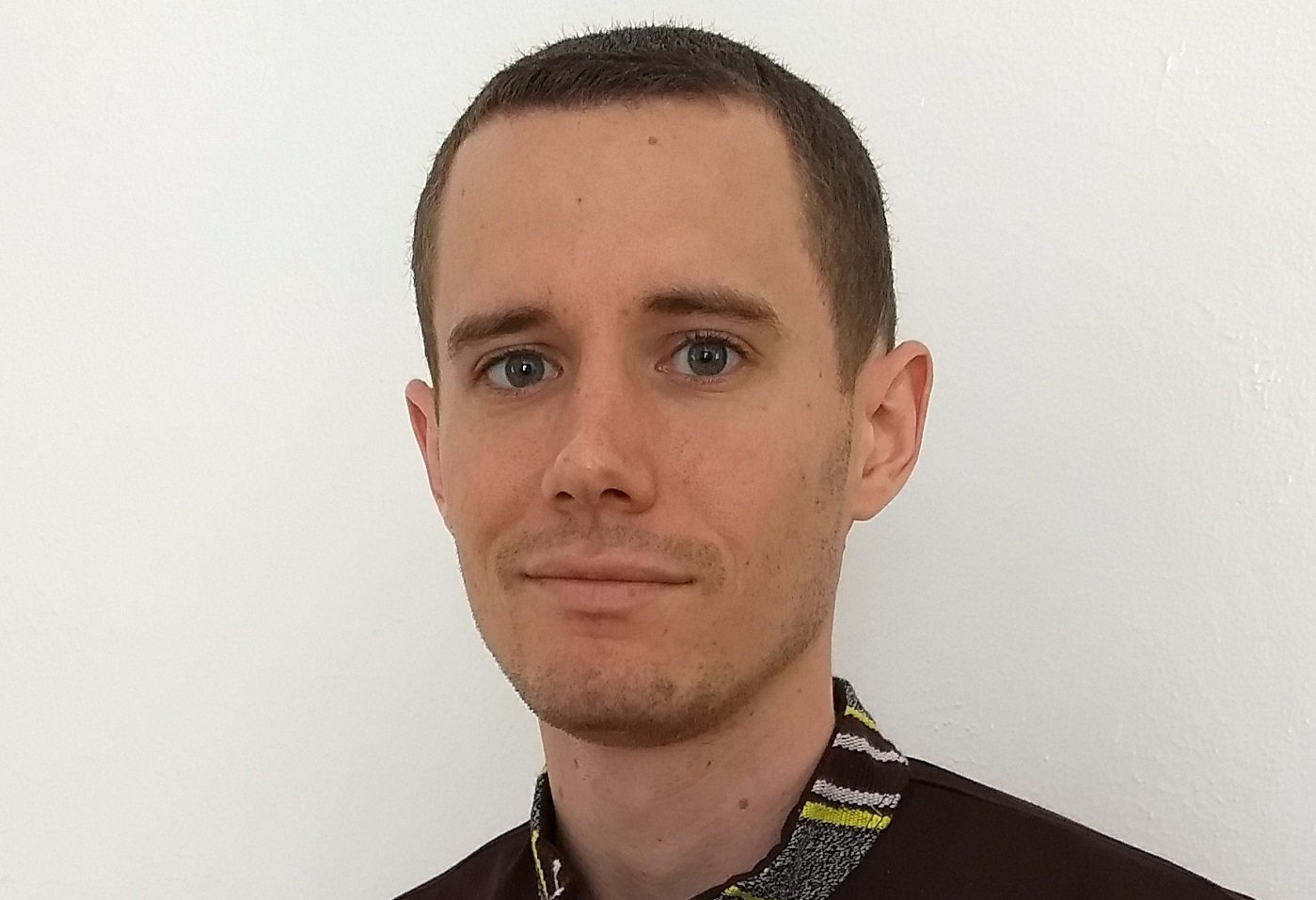Public History MA students Tanmai Vemulapalli and Sawyer Castleberry-Backman were awarded funding to attend the National Council on Public History CampingCon 2024: Wilderness and the Historian, in Mimbres, New Mexico. Together they shared their travel story.
At CampingCon 2024, we discussed LandBack, the “great” men of conservation, and the future of wilderness in the United States. The conference’s unique setting in the Gila National Forest prompted discussion on conservation, land use, and land ownership. The conference had around 30 attendees, allowing everyone to get to know each other by the end of the week, enjoy time by the campfire, listen to one another’s presentations, and engage in academic discourse on topics not everyone fully agreed on.
Sawyer:
I came to this conference already as an environmental historian. My work features questions surrounding the environment, human relationships to it, and the nonhuman world. Listening to the first plenary by Dr. Jeff Shepherd began the week’s discussions on the importance of Indigenous histories of the land being central to the complex histories of settler colonialism in the Gila (and across the US). The week’s conversations continued, featuring many discussions of LandBack and how to radicalize the historical field through our work. These conversations were inspiring, seeing how people use their work to make active changes throughout their communities and those they work with.
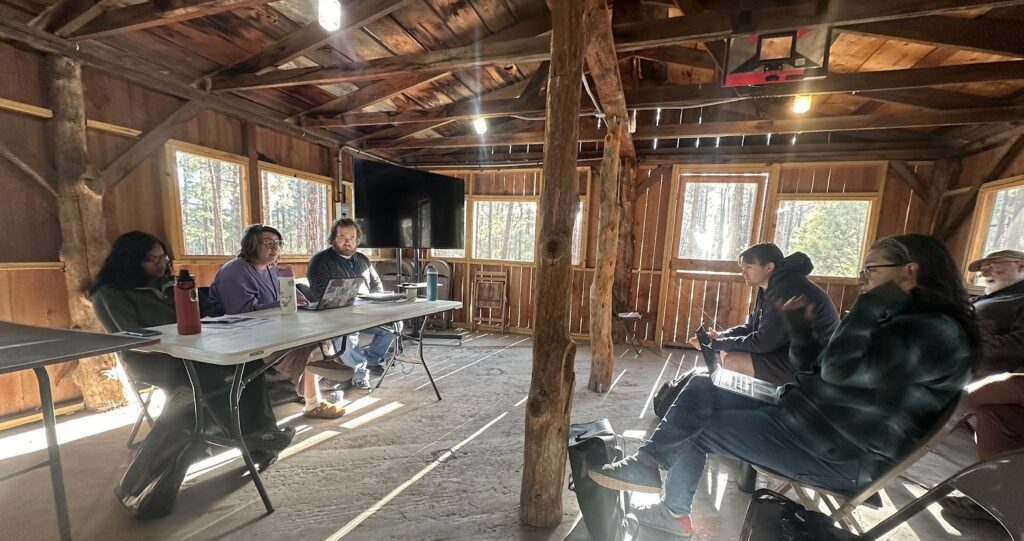
I enjoyed presenting on the changing borders of Joshua Tree National Park, land use, and extractivist policies. Lastly, spending the one week in such a beautiful place, going on field trips to the Gila Cliff Dwellings National Monument and the Mimbres Cultural Heritage Site, furthered our understanding and conversations around tourism to heritage sites, Indigenous history, and looting in archaeologically rich spaces. CampingCon 2024 was an academically rich space that allowed for discourse on complicated issues; most prevalent for me was the idea of wilderness, what it is, and who it belongs to.
Tanmai:
I learned a lot about histories that I’m not familiar with, such as indigenous histories and borderlands, histories of the American Southwest, histories of National Parks, and debates about wilderness as a concept. I feel inspired to engage with environmental history more by tying it into my work on colonial histories and histories of movement. Dr. Priscilla Solis Ybarras, an English professor at the University of North Texas, spoke about Mexican American relationships to the environment, land, and decolonial
movements. Her work and perspective were particularly influential in how I think about public history, and the historical currents of activism tied to scholarship.
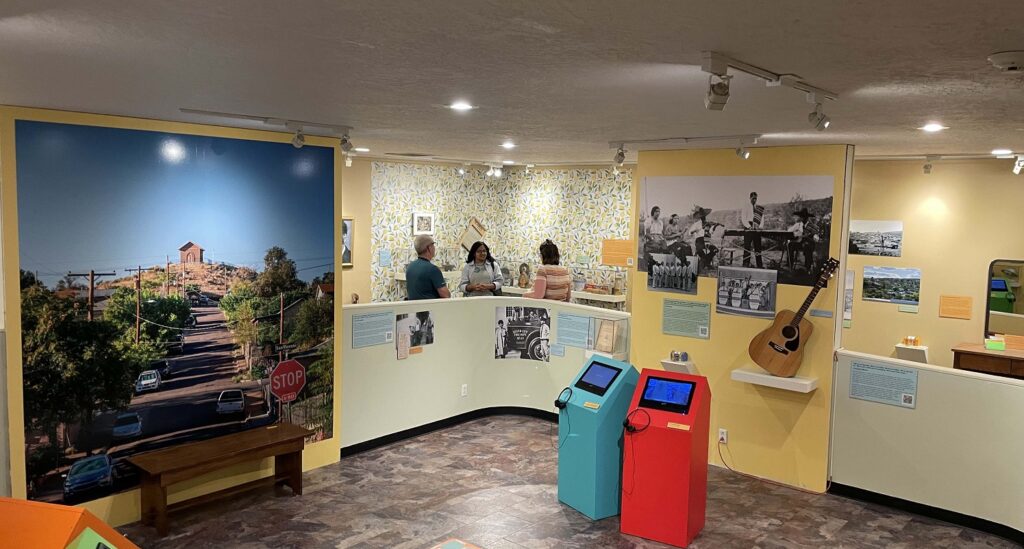
Narratives about wilderness come from deeper colonial conceptions of civilization, property, wildness, paradise, and tourism. I really enjoyed facilitating a lively discussion on some of these narratives as my presentation. CampingCon was open to creative styles of presentation, which allowed me to engage with topics I’m curious about without having to show expertise on them. I was nervous because I have little
familiarity with camping, but I was excited by the idea of a non-traditional conference. It turned out to be an amazing experience that blended conference presentations with hikes, fresh air, s’mores and campfires, and hopping on the swings or hammocks on breaks.
